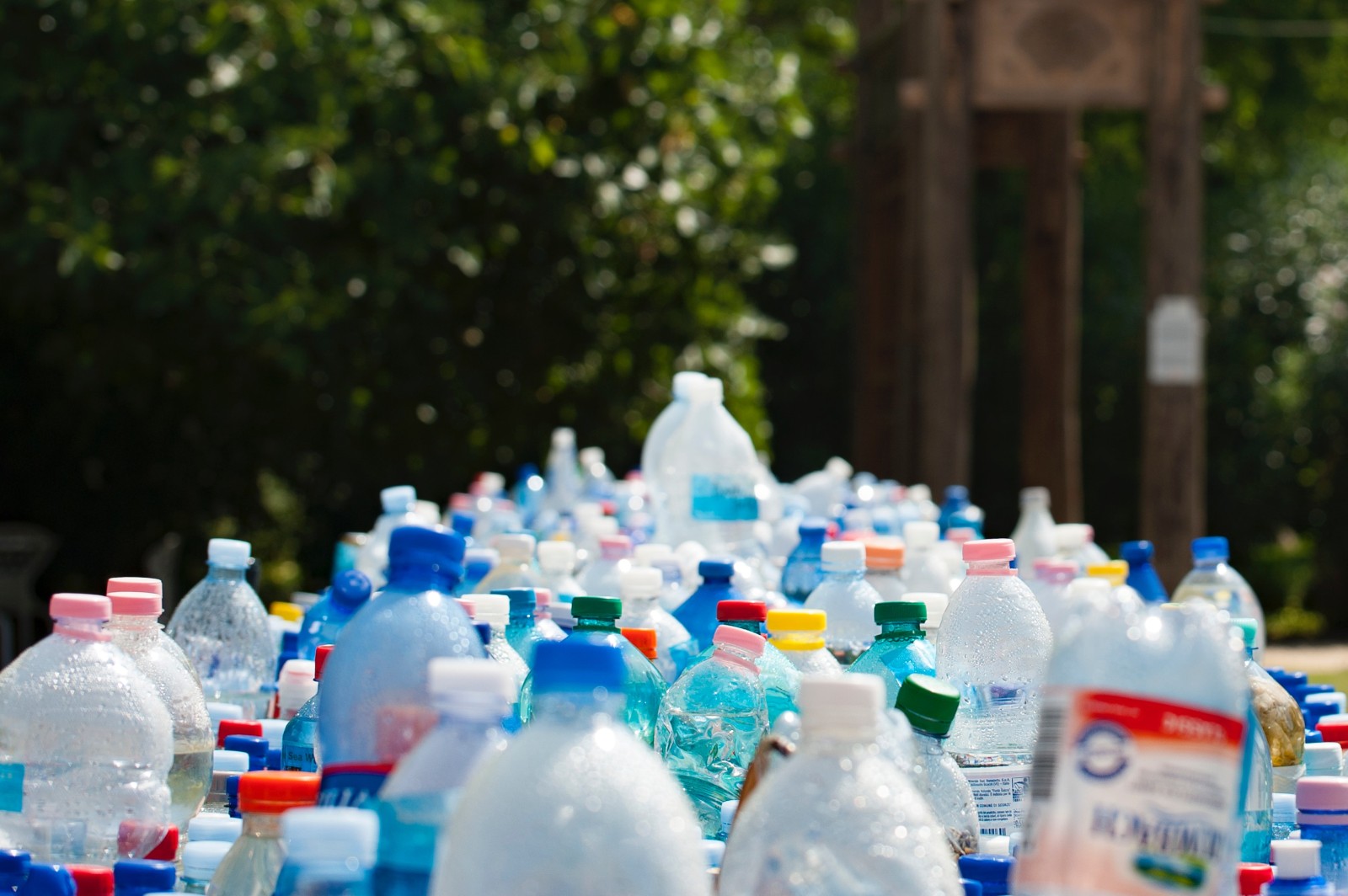New tool explains why green policies may fail

Policymakers have a new tool to understand why some environmental policies do not deliver as expected. Researchers presented the methodology, the final outcome of the EU-funded “APRAISE - Assessment of Policy Interrelationships and Impacts on Sustainability in Europe” project, in Brussels on Wednesday.
Stefaan Vergote of the European Commission energy department's economic analysis unit welcomed the work at a time when the Commission is revising its impact assessment guidelines. Impact assessments have grown “enormously” in importance due to increasing policy interactions, he said. The work is also timely because it comes in the middle of the 2030 climate and energy package discussion, he added, and at a time when the Commission is looking to increase internal coherence by introducing “transversal” vice presidents, as well as combining portfolios such as climate and energy.
The APRAISE 3E method analyses three main factors – socio-economic context, implementation and interactions with other policies – to understand why a green policy may not have had its intended effect. Its goal is to help policymakers design better policies. Six case studies, each carried out for two member states, illustrate the APRAISE 3E method in action
In a case study on recycling plastic waste in Germany and the Netherlands, it turned out that the EU emissions trading system was having a negative impact on recycling by making it attractive to co-incinerate waste. The researchers said their work had shown the value of targets. “You need – preferably ambitious – targets for a certain longer-term ambition level,” said researcher Wytze van der Gaast.
The APRAISE project was a 3-year project funded by the EU’s seventh Framework Programme for Research.
Source: endseurope.com

